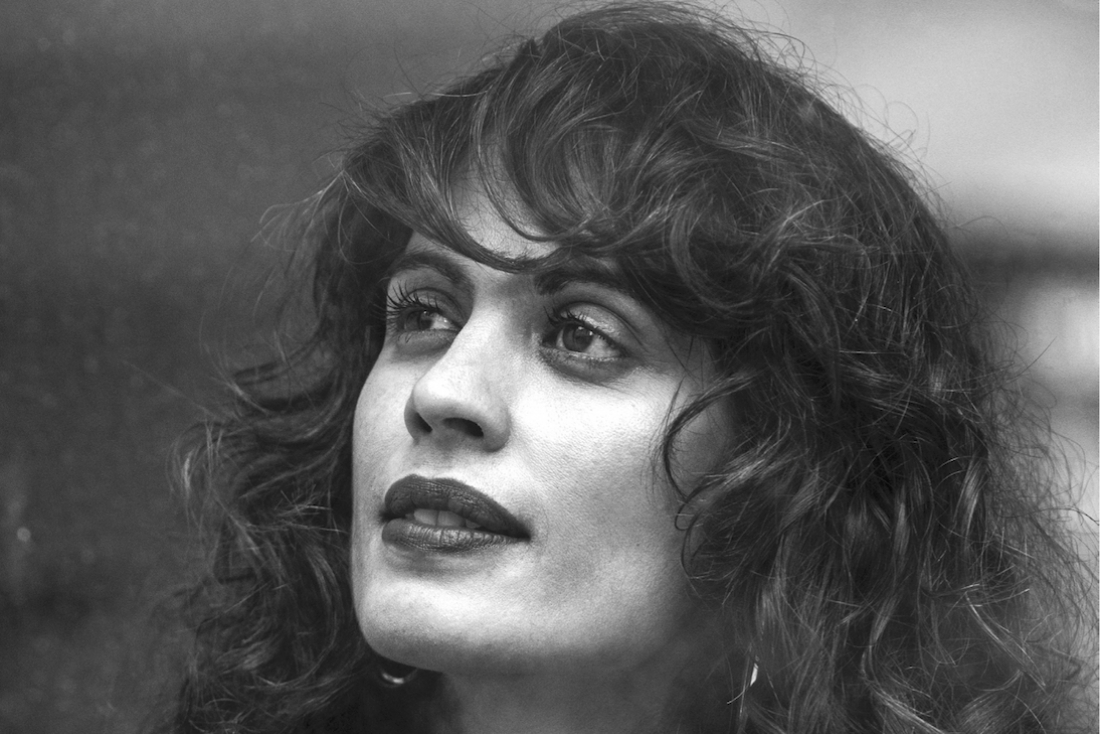

What Will People Say talks about the extremities that a sense of honour can push a family to. The story unfolds in Norway, following a daughter played convincingly by Maria Maozhdah, who is living a double life. Outside she appears to be a normal, well- adjusted, Western values-oriented high-school girl; meanwhile, at home, she pays lip-service to the role of dutiful Pakistani daughter, greeting friends and relatives in Urdu. The story turns when she is kidnapped by her father [Adil Hussain] and is banished to Pakistan when she seemingly spoils her family’s reputation.
What inspired What Will People Say?
The film is inspired by my life and my experience of living in between two cultures. I wrote the script over a few years so we could understand how everyone is trapped in what others think and talk about. Social pressure plays an important role in the film. The conflict between cultures, as well as generations, is in focus. My heroine, Nisha, who lives with her parents, wants to maintain good relations with them but also wants to live like young Norwegians her age. The traditions that her family cling to, however, do not allow her to blossom: in her environment, what-will-people-say is key, and it is tiring and frustrating to have to respect rules imposed by others. Nisha ends up living a double life till the day she is caught in an act that severely violates her family’s values. It is a moment of crisis that threatens to have major consequences.
You were born in Norway to Pakistani immigrant parents, which exposed you to two different worlds. Did that allow a unique insight as a filmmaker?
I guess so; I have a good insight of how it feels to be both and the struggle in between those two worlds. I wanted to show the internal aspects, the emotions, the experience as it is perceived intimately, without presenting things in black and white like a template. My generation is more willing to share their emotions than the previous one. It is important to me to talk openly about what is taboo, of what society forces us to keep quiet about, to make the voice of women heard, to dare to show things as they are—without filters and at the risk of displeasing some. Free thoughts, free voices—that was my motivation to make this film. The cause of women is close to my heart and I feel a sense of responsibility to tell my fellow sisters that they should not be afraid, that they should dare, should speak up and should help each other.
“I really hope the film starts a dialogue between parents and children and I wish that bridges the gaps so we don’t end up being trapped in that what-others-say-and-think idea.”
What do you want the audience to take away from the film?
I really hope the film starts a dialogue between parents and children and I wish that bridges the gaps so we don’t end up being trapped in that what-others-say-and-think idea. I believe in free voices and free will to live the lives we want. It’s not too much to ask, is it?
Tell me a little about your actors.
Maria Mozhdah, who plays Nisha, is someone I found after many auditions. She had what I was looking for, besides talent, courage and determination. As her experience as an actor was limited, we worked together intensively. She gained confidence and invested fully in her role. Adil Hussain is a remarkable actor who we have seen in The Life of Pi, where he plays the father. He is surrounded by strong, talented women, actresses or otherwise.
I’ve often wondered, do filmmakers see themselves turning activists in the process of talking about social issues with their films?
We might unconsciously become activists. Social control is something like poison, and I want every young person to break free from this pain. In that process, you may suddenly turn into an activist even if you are not aware of it.
TEXT Hansika Lohani Mehtani